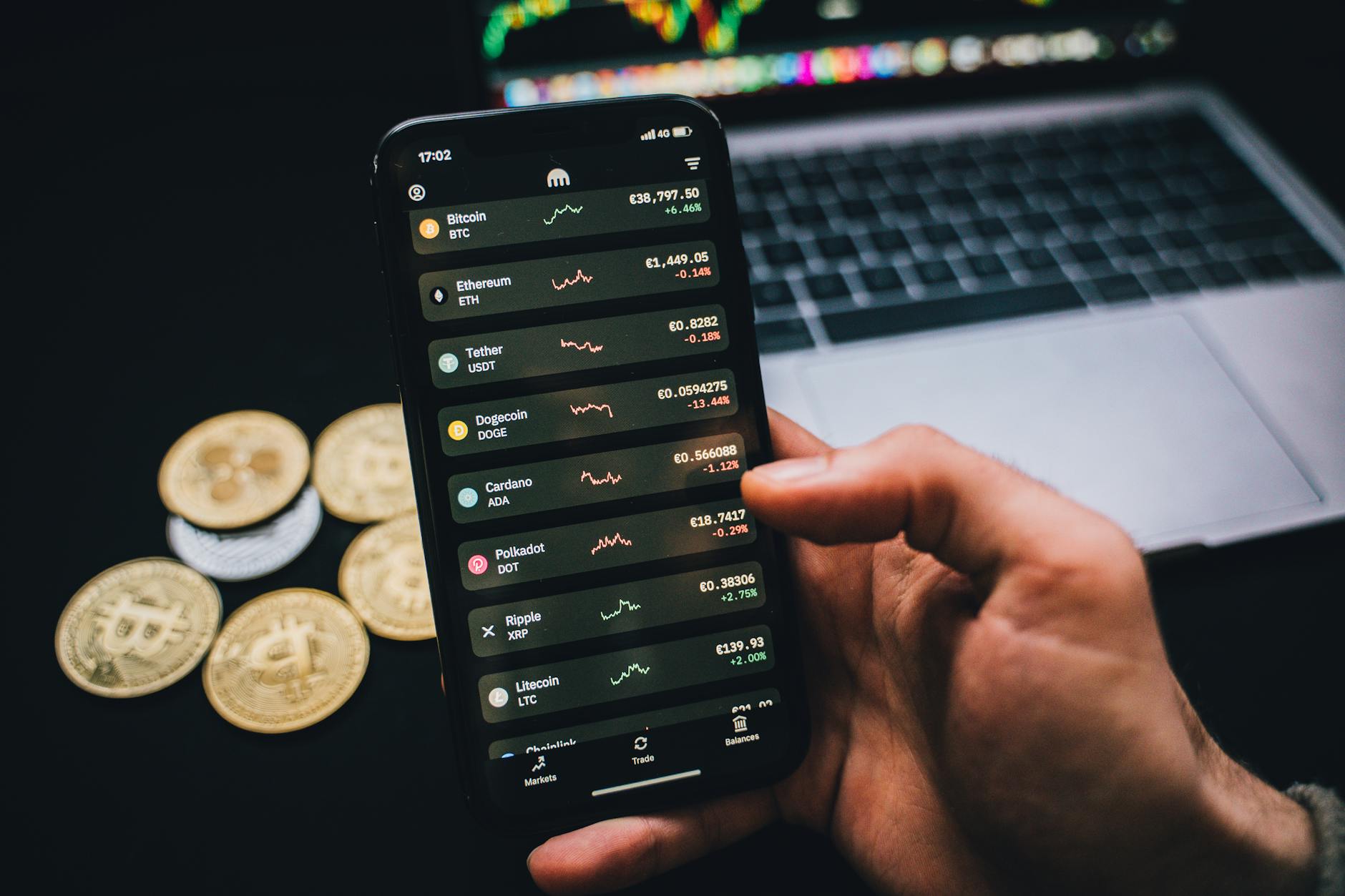Bitcoin has evolved from a niche curiosity to a global financial powerhouse over the years. As we step into 2025, the relevance of Bitcoin in the digital finance world has never been greater. Whether you're new to Bitcoin or looking for insights into its role and growth, this guide will equip you with the knowledge you need today.
What is Bitcoin and Why is it Important?
Bitcoin is a decentralized digital currency, often referred to as "cryptocurrency." It was created in 2009 by an anonymous figure known as Satoshi Nakamoto. Unlike traditional currencies, Bitcoin operates without a central authority, relying on blockchain technology to verify and record transactions. Its decentralized nature makes it secure, transparent, and free from government control.
The History of Bitcoin
From its humble beginnings, Bitcoin has seen dramatic growth. It started as a whitepaper and evolved into a trillion-dollar market. Major milestones include its first recorded use for a real-world transaction in 2010—when someone famously bought two pizzas for 10,000 BTC—and its rise to global prominence. By 2025, Bitcoin's adoption spans institutions, payment platforms, and even countries. El Salvador, for instance, made Bitcoin legal tender in 2021, influencing others to consider similar legislation. For a deeper dive into Bitcoin's history, check out this comprehensive look at Bitcoin adoption.
Bitcoin’s Core Features
Bitcoin’s uniqueness lies in its features:
- Decentralization: No single authority has control, reducing potential manipulation.
- Blockchain Technology: A secure ledger that records all transactions.
- Privacy: While pseudonymous, it allows users greater financial privacy.
- Limited Supply: Only 21 million Bitcoins will ever exist, creating scarcity and protecting it from inflation.
Bitcoin’s Role in the Broader Economy
Bitcoin is often referred to as "digital gold" because of its ability to retain value over time. It's adopted widely in developing nations as a hedge against unstable local currencies. By 2025, major institutions like Tesla and governments are holding Bitcoin in reserves. Some experts even project it might become the backbone of the global financial system. For sector-specific market insights, explore Coinbase's guide to crypto markets in 2025.

How Bitcoin Works
Unlike traditional cash, Bitcoin operates through a digital ledger called the blockchain. Transactions are verified by thousands of computers worldwide, ensuring transparency and security.
Understanding Blockchain Technology
A blockchain acts as a digital record book. Each transaction forms a data block, linked chronologically to others. This chain of blocks is immutable, meaning once recorded, it can't be altered.
Mining and Transaction Verification
Nodes within the network solve complex puzzles to verify transactions, a process called mining. In return, these miners earn Bitcoin. Proof-of-work ensures only legitimate transactions join the blockchain, though this energy-intensive process has sparked debate over its environmental impact.
Wallets and Keys
Every Bitcoin owner needs a digital wallet. These wallets store "public keys" (Bitcoin addresses visible to everyone) and "private keys" (your secure password for accessing funds). Wallets range from mobile apps to hardware devices for enhanced security.
The Bitcoin Market in 2025
Bitcoin’s journey to $100,000 has been a roller coaster. By February 2025, Bitcoin was hovering near this psychological threshold, driven by macroeconomic events and institutional participation. According to recent data, factors like US governmental policies and the involvement of financial institutions have shaped the crypto market.
Market Trends and Institutional Investments
Bitcoin adoption by corporations and hedge funds has brought unparalleled legitimacy. Major banks now offer Bitcoin-backed loans, while Bitcoin ETFs have made it easier for people to invest.
Emerging Regulations and Legal Considerations
Regulations are tightening, especially in the US and EU, as lawmakers evaluate Bitcoin's impact on monetary policy. Understanding these evolving rules is key for staying compliant while investing.
Bitcoin ETFs and Investment Options
Bitcoin ETFs have simplified investing for individuals who don’t want to deal with private keys and wallets. These funds package Bitcoin exposure into more traditional formats.
How to Invest in Bitcoin Safely in 2025
As Bitcoin’s popularity grows, so do scams. Investing safely is non-negotiable if you’re entering the market.
Choosing the Right Exchange or Platform
Go for platforms with strong security measures, user-friendly interfaces, and low fees. Coinbase and Binance are two popular options for 2025.
Securing Your Bitcoin
Use hardware wallets (like Ledger or Trezor) for long-term storage. Enable two-factor authentication and never share your private keys. For more tips, visit this safety guide.
Diversification and Risk Management
Never put all your funds in Bitcoin—balance your portfolio with other assets. While prices can skyrocket, Bitcoin is still incredibly volatile.
The Future of Bitcoin Beyond 2025
The big question remains: where does Bitcoin go from here? Its integration into mainstream banking, combined with scaling solutions, points to a promising future.
Bitcoin’s Potential to Replace Traditional Currencies
Could Bitcoin replace fiat currencies like the US Dollar? Probably not immediately, but it's increasingly being used for cross-border payments and as financial insulation from inflation.
Technological Advancements and Scalability
Solutions like the Lightning Network are tackling Bitcoin’s transaction speed challenges, making microtransactions possible without clogging the main blockchain.
Conclusion
Bitcoin in 2025 is more than a digital asset—it's a movement reshaping how we view money. Its resilience through regulation, security challenges, and market volatility underscores its enduring relevance. If you decide to invest, tread cautiously, diversify your risks, and prioritize security. Whether you see it as a futuristic currency or a store of value, Bitcoin has cemented its place in financial history, and the next chapter is only beginning.
